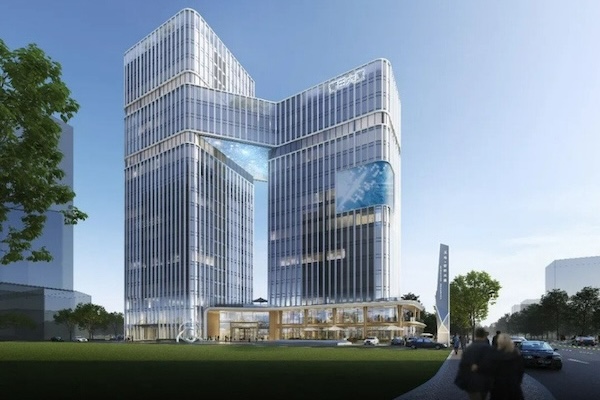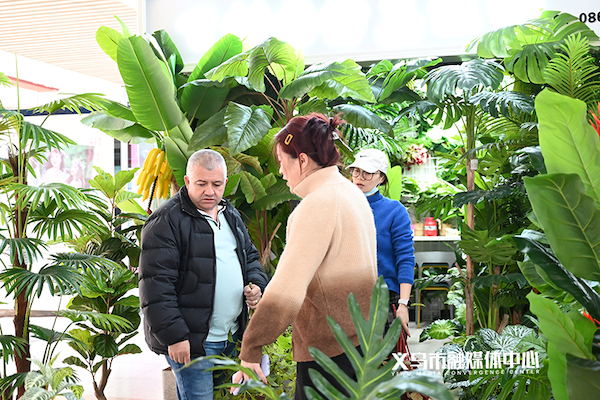Yiwu China Commodity City
Located in Yiwu city, Zhejiang province, Yiwu China Commodity City was built in 1982 and houses 75,000 stalls in an area of more than 5.5 million square meters.
It has over 210,000 staff workers and receives about 210,000 visitors every day. Boasting 1.8 million single products in 26 categories, Yiwu China Commodity City is an international commodity distribution and exhibition center.
Regarded as the world's largest small commodity wholesale market by authoritative agencies such as the United Nations, the World Bank and Morgan Stanley, its turnover reached 122.6 billion yuan ($17.8 billion) in 2017, keeping its leading position in all the specialized markets in China.
As one of the largest commodity export bases in the country, Yiwu China Commodity City has trade ties with more than 200 countries and regions.
More than 13,000 overseas merchants reside in Yiwu. The Ministry of Foreign Affairs, China Unicom and some other institutions have set up a purchase information center in the city.
About 100 countries and regions have launched pavilions, which sell over 90,000 kinds of exported goods in Yiwu. The city has established trade relationships with the world and initially found its own path for internationalization:"buying goods worldwide, selling goods worldwide".
In April 2013, Yiwu was approved by the Ministry of Commerce and seven other national ministries and commissions to a pilot market procurement trade mode, which made commodity exports manageable, efficient and traceable. The move also promoted the rapid growth of Yiwu's export trade and developed a new path for the internationalization of specialized wholesale marketplaces in China.
The UN Economic and Social Commission for Asia and the Pacific listed Yiwu as one of China's first 17 international land port cities in May 2013. The city also actively integrated itself into the national Belt and Road Initiative (BRI). It opened the Yiwu-Xinjiang-Europe rail line in November 2014 and has normalized the service since then.
Thirty years ago, Yiwu tapped into the global market with its commodity trade. Nowadays, thanks to the Internet Plus strategy, the local market continues to lead trends in online commodity trade. At present, new e-commerce forms are emerging and becoming the "engine" of market innovation, development, transformation and upgrading under the guidance of government and pressure from market.

 Yiwu and Qingtian: Global supermarket alliance spurs economic growth
Yiwu and Qingtian: Global supermarket alliance spurs economic growth Artificial flowers: Yiwu's evergreen business
Artificial flowers: Yiwu's evergreen business Yiwu Intl Trade Market reopens after Spring Festival holiday
Yiwu Intl Trade Market reopens after Spring Festival holiday